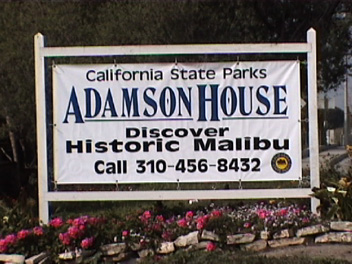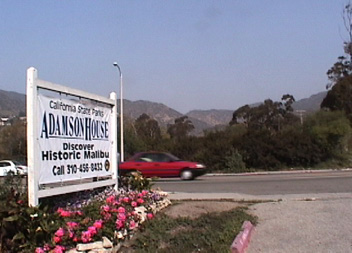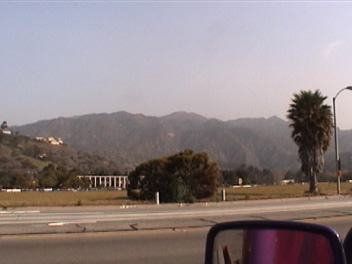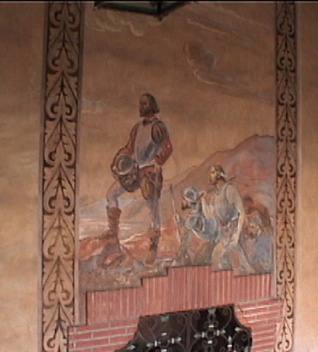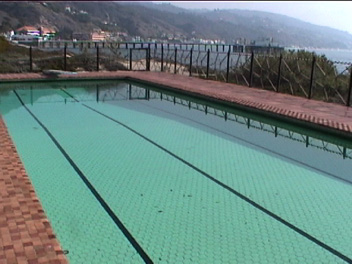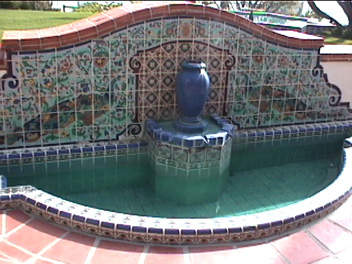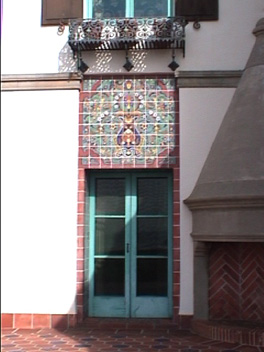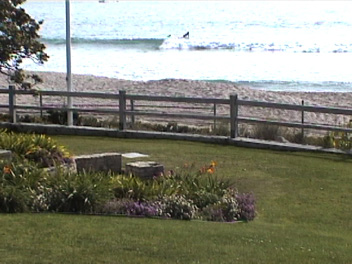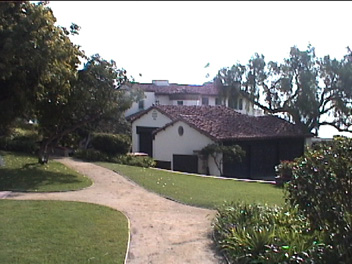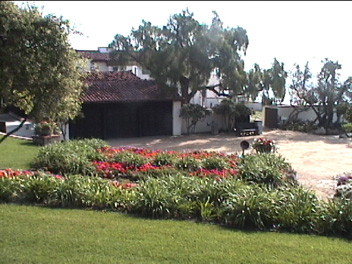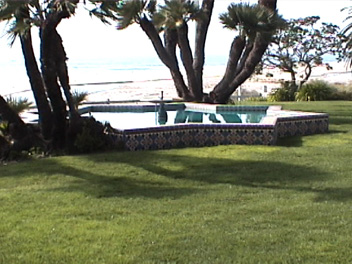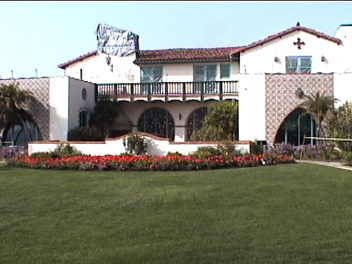











Bruce Campbell Adamson PO Box 1003 Aptos,
CA 95001-1003
|
BRUCE CAMPBELL ADAMSON BOOKS - 2002 |
||||||||||||||||||||||||
|
On October 10, 1542 famed Spanish Explorer Juan Rodriquez Cabrillo discovered a large Chumash Indian village close to the sea at which he first claimed possession of Alta California lands for the King of Spain. He was greeted by the Indians who went to his ships in many swift canoes which inspired Cabrillo to name the village, "The Pueblo de Las Canoas." The Town of the Canoes. Some historians believe the large Chumash Indian village located here at Malibu Lagoon was indeed Cabrillo's "Pueblo de Las Canoas. In 1891 Frederick and May Rindge envisioned a paradise in Malibu for their family. The Malibu Ranch encompassed 26 miles of virgin coastline that extended to the ridge top of the Santa Monica Mountains. The prime real estate of this ranch attained notoriety many times in its history especially when the Roosevelt Highway (presently Pacific Coast Highway) and the Mailbu Colony of celebrities were established. The Rindge Family consisted of three children: Samuel Knight Rindge, Frederick Hastings Rindge, Jr. and Rhoda Agatha Rindge. they lived in Los Angeles and on their Malibu Ranch. Frederick Hastings Rindge donated land and money to his home town Cambridge, Massachusetts. Funny for on Bruce Adamson's side of the family three of his great grandfathers on his mother's side of the family Ely, Bartlett and Easton were three of the original proprioetors of Cambridge. In 1903 their house in Malibu Canyon was destroyed by a brush fire. May K. Ringe's only daughter Rhoda, as President of the Marblehead Land Company regained the Rindge Ranch. Rhoda was raised in Los Angeles but often visited the Mailbu Ranch. In 1915 she married Merritt Huntley Adamson. They had three children Rhoda, Adamson-Dallas, Sylvia Adanson-Neville and Merritt H. Adamson, Jr. During World War II the poolhouse was offered by the family to the U.S. Coastguard. Temporary housing on the sand dunes 64 men who were stationed here at the time. The Rindge family built a castle on the hill overlooking Cross Creek and in 1970 a Santa Ana fire destroyed the 50-room mansion which had been purchased by the Franciscan Order for $50,000 in 1942. The Adamson House was designed by Stiles O. Clements, in 1928 and incorporated lavish use of exquiste ceramic tile, produced by "Malibu Potteries" between 1926 and 1932. The home was built for Rhoda Rindge Adamson and her husband, Merritt Huntley Adamson, daughter and son-in-law of Frederick Hastings Rindge and May Knight Rindge, the last owners of the Malibu Spanish Land Grant. The Adamson House was considered by many to be one of the finest examples of his work and is considered a museum of ceramic art and design. The architecture is of the Moorish and Spanish Mediterranean Colonial revival style. The House and the Grounds were purchased by the State of California in April 1968.
|
| © 2004 Bruce Campbell Adamson info@ciajfk.com |
